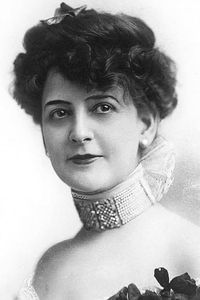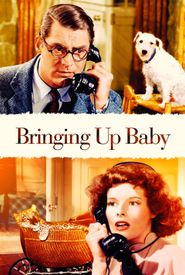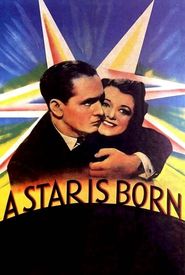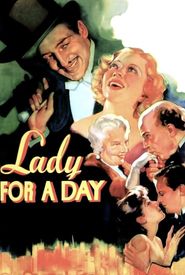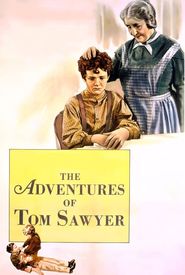Mary Jeanette Robison, the youngest daughter of Henry Robison of Penrith, Cumberland, England, and Julia Schelesinger of Liverpool, Lancashire, England, was born to a family that would later undergo significant changes. After her father's untimely death in 1860, her mother remarried, and the family relocated to various places, including St Kilda, Melbourne, Victoria, Australia, and eventually back to London, England, in 1871.
As Mary Jeanette grew older, she ran away from home to marry Charles Leveson Gore in 1875, and the young couple set out to establish a cattle ranch in Fort Worth, Texas, USA, in 1877. However, their venture only lasted for two years before they relocated to New York, where Mary Jeanette's husband sadly passed away around 1881.
Following her husband's death, Mary Jeanette was left to care for their three children, only one of whom, Edward Gore, would survive childhood. To support her family, she turned to acting in 1884, initially performing on the road and on Broadway, and eventually becoming a highly respected character actress. Over the course of several decades, she appeared in numerous productions, both as a lead and in supporting roles, and even ventured into silent films.
Mary Jeanette returned to the screen in 1926 and thrived during the subsequent sound era, often being cast as a crusty, gruff, domineering society matron or grandmother. One of her most notable roles was as Apple Annie in Frank Capra's Lady for a Day (1933),for which she received a Best Actress Oscar nomination. Throughout her illustrious career, she appeared in more than 60 films, with her final role being released the year of her death.
